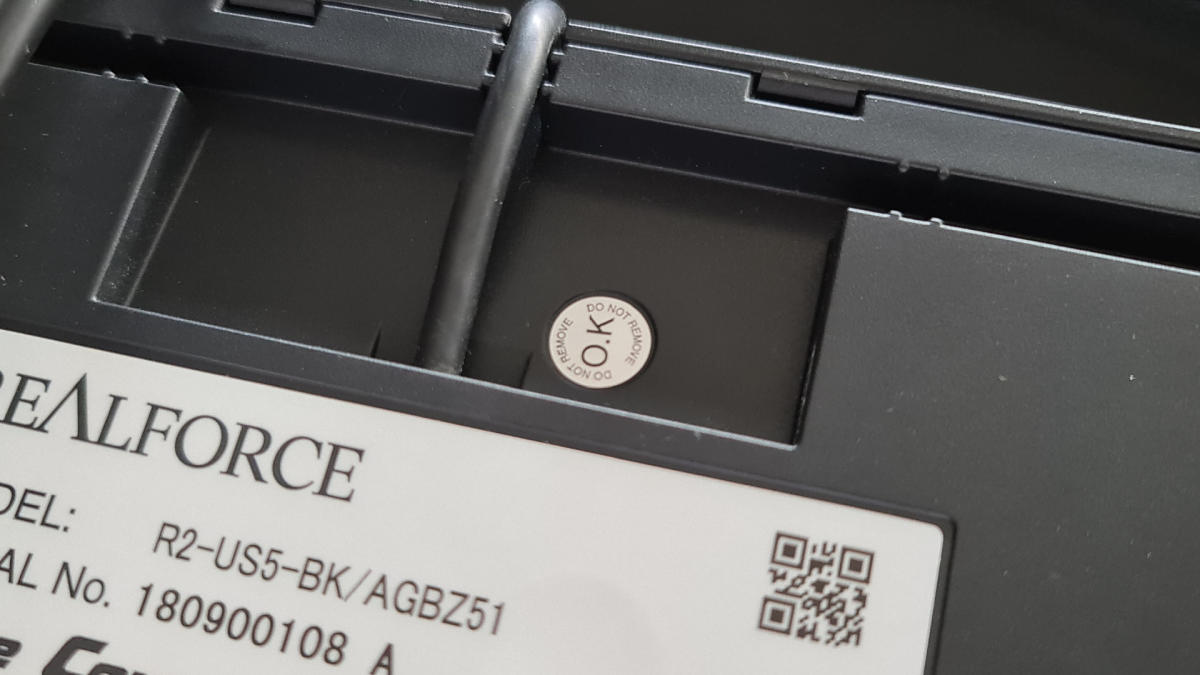Anyone who has handled screwdrivers all their life knows that nothing causes more internal debate than the “Removal voids warranty” sticker on an electronic device. Do you dare to proceed with the disassembly or should you leave it as it is so that you don’t lose the warranty and can’t send it back for a professional repair?
Now, the U.S. Federal Trade Commission (FTC) has sent warning letters to eight companies, including ASRock, Gigabyte, and Zotac, over their warranty practices. It raises concerns that the stickers used by these manufacturers violate the Magnuson-Moss Warranty Act (via The Verge). This federal law regulates warranty protection for consumer products, and as far as the FTC is concerned, these threatening stickers violate it.
Samuel Levine, director of the FTC’s Bureau of Consumer Protection, said, “These warning letters alert companies that restricting consumers’ right to repair violates the law.”
“The Commission will continue its efforts to protect consumers’ right to repair and the competition rights of independent traders.”
The Magnuson-Moss Warranty Act was enacted in 1975 and was designed to prevent manufacturers from using warranty exclusions in an unfair or deceptive manner.
The FTC believes that this language – as well as the warnings on several companies’ products – hinders the consumer’s ability to perform routine maintenance and repairs. In its letter, the US agency asked each company to review its advertising and warranty materials to ensure that they do not “claim or imply that warranty protection is contingent on the use of specific parts or services.”
ASRock, for example, states in the first line of its warranty terms that the warranty “is void if products are modified, damaged or otherwise tampered with, such as opening the case or installing/removing additional optional parts/components.”
Of course, this is a US law enforced by a US agency, although many other countries have similar restrictions. The EU has also recently adopted new rules to strengthen the right to repair. For example, manufacturers are required to inform consumers of their rights, offer extended legal guarantees and provide low-cost repair services.
In future, spare parts and tools must be offered at reasonable prices. In addition, manufacturers operating in the EU can no longer block repairs by consumers using hardware or software. This means that both independent repair shops and private users can install suitable spare parts.
With the rapidly growing amount of e-waste polluting our planet, global enforcement of right to repair and consumer warranty protection laws could help to reduce some of the “throwaway” factor of modern electronic devices. The stickers themselves end up in the ocean or landfill along with so much other discarded plastic.

